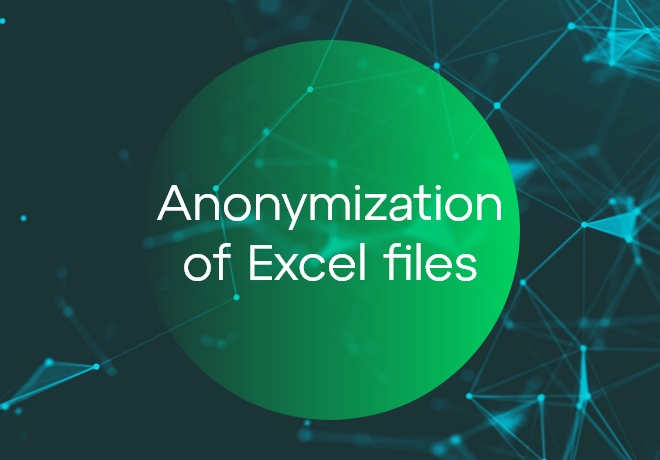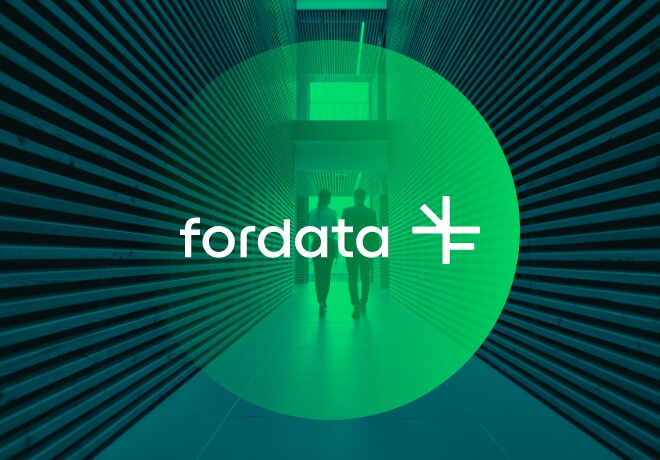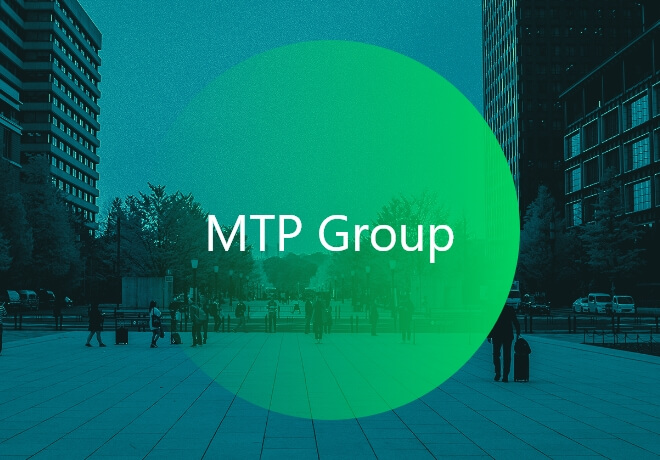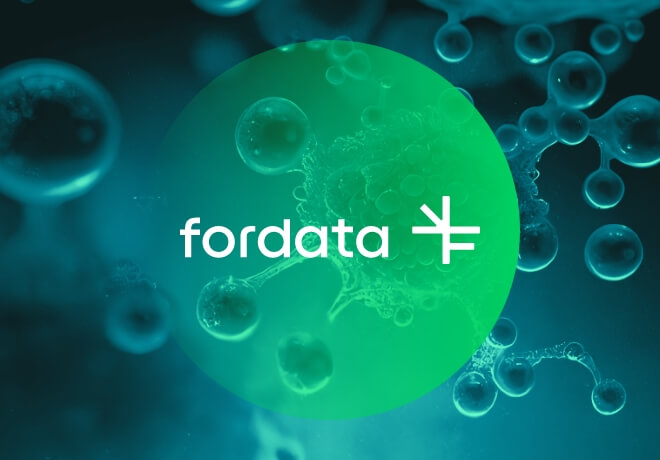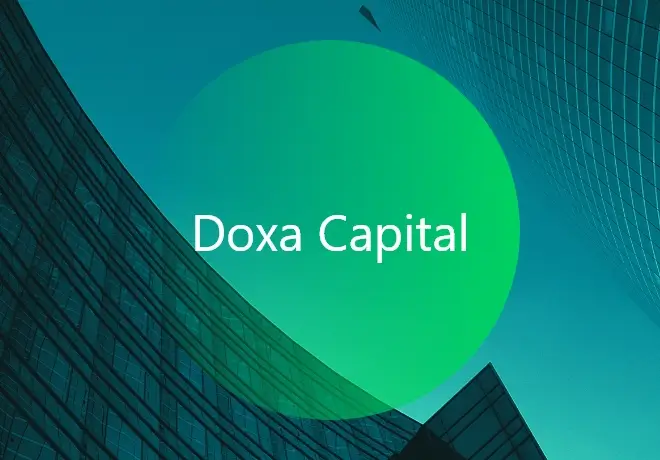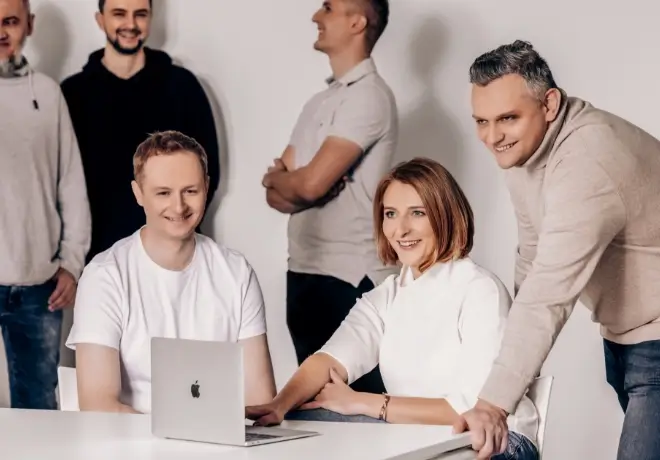08 . 04 . 2025
Virtual Data Room Pharmaceutical and Medtech uses of Virtual Data Rooms
08 . 04 . 2025
In short:
- VDRs can help improve efficiency, reduce time and cost, and protect sensitive information of your medical institution.
- VDRs can be used for a variety of purposes in the medical industry, including audits, licensing, registering drugs on foreign markets, pharmaceutical patents, and mergers and acquisitions.
- When choosing a VDR, it is important to consider data security measures, user access control, document redaction capabilities, ease of use, and quality of support provided.
- VDRs can transform your medical company by providing secure data management, improved efficiency, and compliance facilitating capabilities.
Virtual Data Rooms have emerged as a crucial technological asset across various industries, including Life Sciences, chiefly due to their ability to offer secure, efficient, and reliable data storage and sharing capabilities.
Why do filmmakers hate VDRs? Well, if you like action movies, there are at least a couple of laboratory breach scenes you can recall in which the trespasser breaks into the archive and hastily goes through the medical files in search of that one secret file. Looks good on the screen.
But the reality is far from that, and, perhaps, not so exciting.
In fact, the importance of a VDR in the medical industry cannot be overstated. From safeguarding sensitive health records to facilitating seamless clinical trials, improvement in regulatory compliance and streamlining drug licensing processes in the cloud, VDRs have simply revolutionized medical processes that require secure handling of data.
Let’s have a closer look at the role of VDR in the medical industry, the benefits it brings, real-life use cases, and how to choose the right VDR for the medical field.
What your medical company should know about VDR
Virtual Data Rooms are generally secure online platforms used for storing and distributing sensitive digital documents and files. The tool provides an efficient and secure way of sharing sensitive medical information across remote users.
Since their widespread adoption in the early 2000s, VDRs have evolved from facilitating Mergers and Acquisitions to serving multiple industries like law, finance, real estate, and of course, the medical industry.
But despite their varied uses, the core advantage of VDRs remains consistent – providing a secure environment for sharing sensitive data, ensuring timely access and full control, as well as simplifying complex procedures in the Life Science industry.
Key benefits of using VDR in the medical industry
At its core, VDR addresses the need for safekeeping of sensitive information, including research data, trade secrets, intellectual property, licenses, patient health records, etc.
Some of the benefits your Life Science company could reap include:
- enhanced data security offered by VDRs against unauthorized data breaches, in an era where cyber threats are increasingly prevalent,
- by allowing easy, anytime, anywhere access to vital information, VDR speeds up business collaborations and scientific developments, as well as patient care,
- VDRs not only simplify compliance through systematic data management but also mitigate potential risks related to data mismanagement.
There are many use cases that can take advantage of the above.
Use cases of the VDR in the Life Sciences
For audits
VDRs can streamline the audit process by providing a centralized location for auditors to access and review documents. This can save time and money, and it can also help to reduce the risk of errors.
Example: A pharmaceutical company can use a VDR to store all of the documents required for an audit by the FDA. This includes clinical trial data, manufacturing records, and quality control reports. The auditors can access the documents from anywhere in the world, and they can leave comments and annotations to the documents.
For licensing
VDRs can simplify the licensing process by providing a secure and controlled environment for sharing confidential information. This can help to speed up the licensing process and reduce the risk of leaks.
Example: A pharmaceutical company can use a VDR to negotiate and execute licensing agreements with other companies – many of them, and completely independently. The VDR can be used to store documents such as NDAs, licensing agreements, and financial statements. It can also be used to track the progress of the licensing process.
For registering drugs on foreign markets
VDRs can help companies to comply with the complex regulatory requirements of foreign markets. By storing all of the required documents in a VDR, companies can make sure that they have access to the information they need when they need it.
Example: A pharmaceutical company can use a VDR to store all of the documents required to register a drug with the European Medicines Agency (EMA). This includes clinical trial data, manufacturing records, and stability data. The company can then share the documents with the EMA through the VDR.
For pharmaceutical patents
VDRs can help companies to protect their intellectual property by providing a secure and tamper-proof environment for storing patent applications, that can be shared among the employees with strict access hierarchy.
Example: A pharmaceutical company can use a VDR to store all of the documents required to file a patent application. This includes the patent application itself, as well as supporting documents such as laboratory notebooks and research reports. The VDR can be used to track the progress of the patent application, and it can also be used to share the application with patent attorneys.
For mergers and acquisitions
Finally, VDRs can facilitate the Due Diligence process in M&As by providing a secure and controlled environment for sharing confidential information. This has numerous benefits you can read more about on our Mergers and Acquisitions page.
Example: A pharmaceutical company can use a VDR to share confidential information with a potential acquirer. This information can include financial statements, market research data, and intellectual property documents. The VDR can be used to track the progress of the Due Diligence process, and it can be used to negotiate the terms of the acquisition.
How to choose a VDR that will work for your Life Science company?
As you can see, VDRs are a valuable tool for companies in the medical industry. They can help to improve efficiency, reduce time and cost, and protect sensitive information way better than traditional “brick-and-mortar” processes or email correspondence due to greater control and flexibility.
While choosing the right VDR, the crucial features to consider include:
- data security measures,
- user access control,
- document redaction capabilities,
- ease of use,
- quality of support provided.
It’s important to assess the vendor’s reliability and reputation to ensure that they can consistently deliver excellent service. Since you are reading this article, we will happily provide you with more information on how Fordata VDR can be your go-to provider in this regard.
In conclusion, VDRs’ secure data management, improved efficiency, and compliance facilitating capabilities can transform your medical company.
With the increasing digitization of the health and business-related records, the future prospects of VDRs in the medical industry remain promising. We encourage your medical institution to adapt to such technologies as it will definitely pave the way for enhanced data management and improved health services in the long run.
Did you like the article?

My experience in international business allows me to take on the toughest challenges. I value a collaborative approach and a high level of professionalism in partnerships. I am passionate about traveling and discovering new places, which not only brings me joy but also enriches my life with new experiences and perspectives.
Do you want to exchange knowledge or ask a question?
Write to me : Tatiana Polupan page opens in new window
Facilitate your negotiations – store and share documents in one place
TEST FREE TEST FREE-
01 . VDR im Due-Diligence-Prozess

M&A-Transaktionen sichern strategische und finanzielle Vorteile – von Markterweiterung bis Skaleneffekten. Grundvoraussetzung für den Erfolg: ein sorgfältiger Due-Diligence-Prozess.
08.01.2026
-
02 . Virtual Data Room: Alles, was Sie wissen müssen

Der Markt für VDRs wächst rasant – von M&A-Transaktionen hin zu vielfältigen Unternehmensanwendungen. Ihr Hauptziel: maximale Sicherheit beim Austausch sensibler elektronischer Informationen.
19.12.2025
-
03 . VDR vs. Popular Cloud Drives – 5 Key Differences That Matter in Business Transactions

Many organizations still believe that popular cloud drives such as Google Drive, OneDrive, or SharePoint are sufficient for sharing confidential documents.
27.08.2025
-
04 . FORDATA - Outstanding Customer Service!

At FORDATA, flexibility and a personalized approach to each client are part of our everyday work – we operate the way you need us to.
13.08.2025
-
05 . How Virtual Data Rooms Benefit Law Firms and Financial Institutions

Virtual Data Rooms benefit financial institutions and legal teams profoundly. See how a VDR can secure data management and compliance.
26.05.2025
-
06 . Challenges of Due Diligence: How Virtual Data Rooms Enhance Its Efficiency and Security

Virtual Data Rooms can turn Due Diligence into a safe and efficient process. Here’s what you need to know.
14.05.2025
-
07 . Top 10 Features To Look For In A Virtual Data Room For Due Diligence

What are the key features to look for in a VDR to streamline your Due Diligence process? Find it out in the article.
30.04.2025
-
08 . What is the difference between Cloud Storage and Virtual Data Rooms?

Cloud storage solutions and Virtual Data Rooms. How are they different? Which one is better to use for secure file sharing?
18.04.2025
-
09 . Understanding Virtual Data Rooms: Key Features and Benefits

What features to look for in a Virtual Data Room and what benefits do they bring? Secure online Due Diligence is here.
03.04.2025
-
10 . Business, Secure File Sharing, and Virtual Data Rooms - The perfect combination

Learn why Virtual Data Room is the perfect tool for secure file transfer in a business environment. Protect sensitive information of your company.
26.03.2025
-
11 . What Is a Virtual Data Room (VDR) and How Does It Work?

VDRs removed the limitations of traditional data rooms, offering a secure online space where confidential data can be accessed by authorized users from anywhere in the world.
10.03.2025
-
12 . How does a VDR help minimise risk and increase transaction value in the TMT sector?

The TMT industry is constantly subject to M&A processes. Learn how VDR helps minimize risk and increase transaction value in the TMT sector. Discover the benefits and challenges of using it in M&A processes.
09.12.2024
-
13 . How to effectively choose a VDR supplier step by step

Choosing a Virtual Data Room provider is a decision that is crucial to the security, efficiency and flow of business transactions.
03.12.2024
-
14 . New Feature in Virtual Data Room: Online Document Translation in 59 Languages

Discover Fordata VDR’s new feature for instant, secure online document translation in 59 languages. Be prepared for international transactions and ensure the highest level of security and confidentiality.
28.08.2024
-
15 . When is it time for a VDR?

From merger and acquisition processes, to financial audits, to the acquisition of investors or the implementation of infrastructure projects, each of these activities requires not only precise data management, but also its protection from unauthorised access.
22.08.2024
-
16 . The formula for a successful M&A process

A successful M&A process is the result of a synergy of many components. Successfully executing a merger or acquisition can be the key to gaining a competitive advantage and even surviving in the market.
19.08.2024
-
17 . Serial M&A acquisitions in a nutshell - good practices and technology

Both serial and single buy-side M&A processes play an important role in companies’ development strategies. However, they differ in purpose, scale and approach, which determines their importance for the company.
15.07.2024
-
18 . The fastest VDR in the industry - new improvements in Fordata system

The June system update significantly accelerated the operation of key functions, ensuring even more effective work and speed of dealmaking. The new VDR engine enables smooth management of projects larger than 100 GB.
28.06.2024
-
19 . New feature - Excel file anonymization and more!

From now on, VDR’s built-in Redaction Tool will automatically anonymise documents in 18 different formats, including Excel, Word, Pdf files.
25.03.2024
-
20 . AI-Powered Redaction Tool - big premiere

Reduce redaction time and increase accuracy with artificial intelligence (AI) support. AI-Powered Redaction tool is available in Fordata VDR.
26.02.2024
-
21 . Can Microsoft One Drive or Google Drive replace VDR?

Can Microsoft’s and Google’s Drive replace VDR? Popular storage clouds are convenient but can they provide the same level of security?
29.12.2023
-
22 . Welcome to Our In-Built Redaction Tool

In-built Redaction Tool is here. Redact content right inside the VDR without sacrificing security.
30.10.2023
-
23 . Zero technical requirements - meet Fordata VDR 6.0

We have introduced new features to our Virtual Data Room system. Fordata Data Room version 6.0 is now available.
15.05.2023
-
24 . How does Avallon conclude investments with VDR?

How do #FORDATAteam help Avallon conduct the investment processes (including MBO, LMBO) and divestments more efficiently?
14.11.2022
-
25 . We protect the largest number of file types in the industry. How exactly?

FORDATA Secure Viewer now with the new file protection. Securely view DOCX, XLSX, JPG, PDF and more. We protect over 30 file formats.
17.09.2021
-
26 . How a pharmaceutical company optimized confidential data flow

Pharmaceutical companies of all sizes can optimize mulitple procesesses with one Virtual Data Room tool. How?
24.03.2021
-
27 . New functions in the Virtual Data Room system

In recent weeks we have implemented several new functionalities in the Virtual Data Room system. Thanks to them, viewing the structure of…
24.02.2021
-
28 . Tender under control - case study of MTP Group

Selling commercial real estate is quite a challenge. How to sell a plot of land faster, more conveniently and with full control?
16.10.2020
-
29 . Virtual Data Room in Life Sciences - supporting efficiency

Effective management in Life Sciences? Virtual Data Room means faster drug licensing, registration, strategic alliances and full data security and control.
21.07.2020
-
30 . Investment adviser accelerated the Due Diligence process

Doxa Capital uses the FORDATA VDR system to secure, simplify and accelerate Due Diligence processes. How did data room support the transaction’s success?
07.07.2020
-
31 . How to choose Virtual Data Room effectively?

Tailor VDR to your needs! What to look for when choosing a Virtual Data Room? Meet VDR Lite and perform an audit, restructuring or cooperate with the law office.
10.06.2020
-
32 . Virtual Data Room: Everything you need to know

What is a virtual data room? What benefits can we achieve by using the system in merger and acquisition transactions?
25.10.2017
-
33 . How can we help you with Due Diligence?

Time plays a major role in M&A transactions. Even the smallest improvement that saves time needed to prepare and perform Due Diligence…
10.03.2014



















